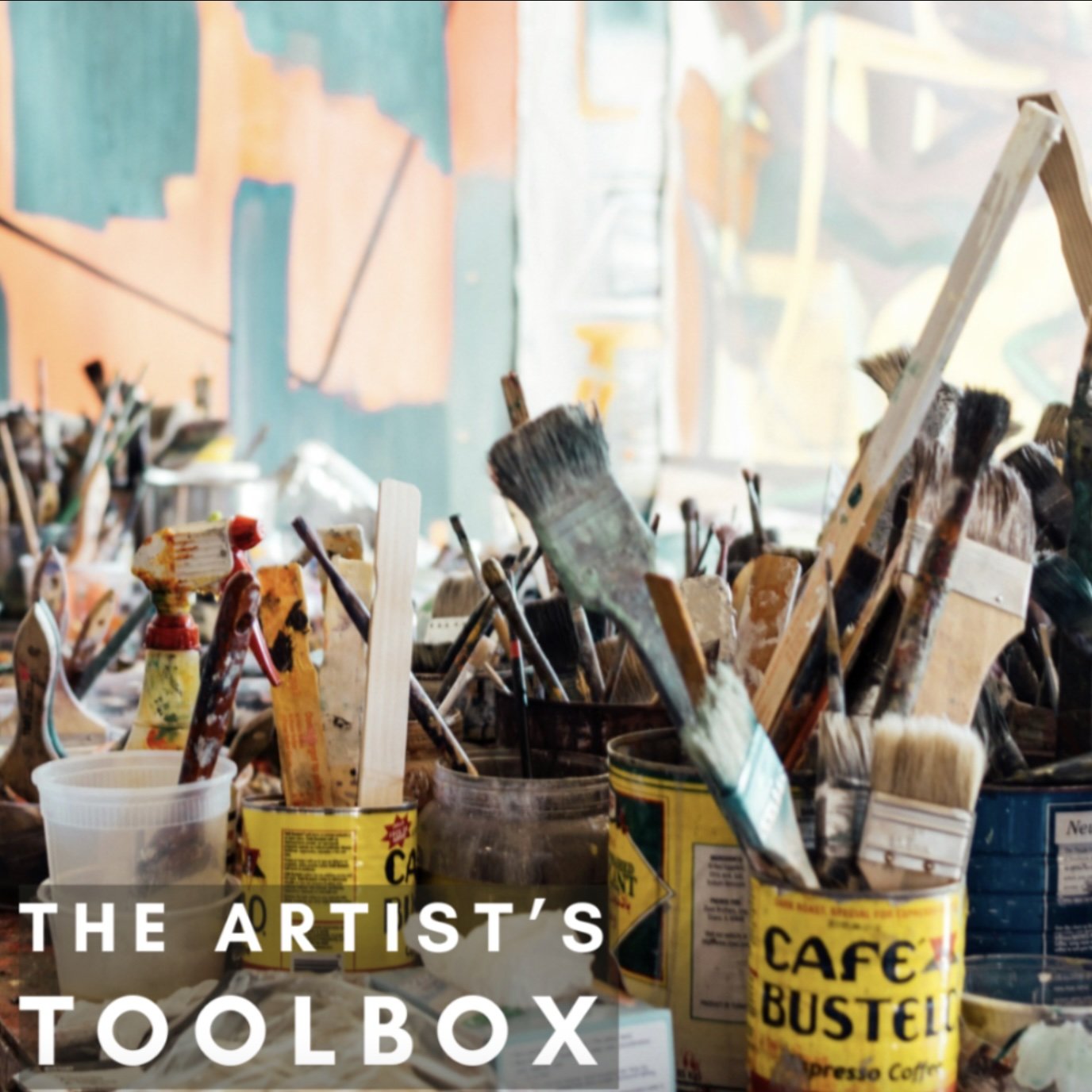The Artist’s Toolbox
Creativity, Communication, Collaboration, Critical Thinking: Empowering Resilience and Innovation through Artistic-Systemic Processes
This workshop invites groups from all walks of life – managers, employees, activists, educators, public servants, athletes, and naturally also artists and cultural workers – to explore the transformative benefits of artistic practices. The Artist's Toolbox combines arts-based therapeutic methods with systemic insights to address workplace stress, foster creative problem-solving, and strengthen interpersonal and organisational dynamics.
What to Expect
Hands-On Artistic Exploration: Engage in drawing, movement, music, and group improvisation to stimulate creativity and develop fresh approaches to challenges.
Systemic Perspectives: Reflect on workplace relationships and organisational patterns, gaining new insights to navigate challenges and opportunities effectively.
Collaborative Practices: Participants will experience the power of shared creative exercises to build trust, strengthen communication, and inspire teamwork.
Mindfulness and Reflection: Begin and conclude the workshop with grounding practices to enhance focus, resilience, and overall well-being.
The Role of Artistic Processes for Non-Artists
What function do artistic processes serve for non-artists? Can the arts be legitimately instrumentalized to reduce stress, prevent burnout, alleviate interpersonal conflicts, train leaders, and drive change?
The arts are increasingly recognized as valuable tools in healthcare, social work, urban revitalization, and mental health. In England, a practice known as ‘social prescribing’ even allows doctors to prescribe arts programs as validated preventive or rehabilitative supports.
While we agree that engaging with the arts is beneficial, how exactly can it enhance well-being, organisational culture, leadership, and change processes? Society often dismisses the arts as frivolous—mere playthings—and play itself as childish and time-wasting. But what if we viewed the arts as essential components for evolving outdated organizational cultures? Could they move us beyond archaic systems obsessed with efficiency, profitability, and performance to embrace adaptability and innovation?
Expanding the Language of Organizational Culture
Anglo-Irish poet David Whyte—whose book The Heart Aroused: Poetry and the Preservation of the Soul in Corporate America (1994) introduced the arts into corporate contexts—noted, “The language we currently have in that world is not large enough for the territory that we’ve already entered.”
The Partnership for 21st Century Skills, an educational policy initiative, identifies four essential skills for navigating today’s volatile and uncertain world: communication, collaboration, critical thinking, and creativity. Educational reformer Elliot Eisner argued for the arts’ role in education and articulated “Ten Lessons the Arts Teach” (2002):
The arts teach good judgments about qualitative relationships. Unlike much of the curriculum, where rules and correct answers dominate, the arts value judgment over rules.
The arts teach that problems can have more than one solution and that questions can have more than one answer.
The arts celebrate multiple perspectives, showing there are many ways to see and interpret the world.
The arts teach that in complex problem-solving, goals are fluid and evolve with circumstance and opportunity.
The arts make vivid the fact that words and numbers do not exhaust what we can know; the limits of language are not the limits of cognition.
The arts teach that small differences can have large effects, emphasizing subtlety.
The arts encourage thinking through and within materials, transforming images into tangible realities.
The arts help people articulate the inexpressible, invoking poetic capacities to find words for feelings.
The arts enable experiences unavailable through other means, revealing the range of what we can feel and discover.
The presence of the arts in organizations symbolizes the values considered most important.
Creativity as a Cultivatable Skill
David and Tom Kelley, founders of IDEO and creators of Design Thinking, argue that creativity is not exclusive to artists. They view creativity as a universal skill that, like a muscle, can be developed through consistent practice. According to the Kelleys, the first step toward creativity is simply choosing it. This means embracing uncertainty, navigating ambiguity, and accepting confusion as part of the process. By taking risks and reframing obstacles, individuals can discover innovative solutions and foster growth.
Sample Workshop Schedule
9:00–9:45 AM: Introductions, guided meditation and creative warm-up
10:00–12:00 PM: Artistic-systemic activities (collage-making, movement, group improvisation)
Lunch Break
12:45–2:00 PM: Collaborative problem-solving exercises
2:00–3:00 PM: Short Concert, reflection session and group discussion
Who Should Attend?
This workshop is designed for anyone seeking to:
Cultivate creativity and innovation in their work or personal life.
Build stronger, more effective group dynamics.
Develop resilience and adaptability in the face of change.
Gain fresh perspectives on workplace and personal challenges.
No artistic background is required—only an open mind and a willingness to engage.
About the Facilitator
Heather O’Donnell, M.Sc.
Heather is a psychologist, Artistic-Systemic Therapist (®DGSF), and Director of TGR The Green Room. With decades of experience guiding individuals and organizations through creative and systemic processes, she has worked across diverse contexts, from the performing arts to corporate environments. Her expertise lies in fostering growth, resilience, and innovation through artistic exploration and systemic insights.
The workshop can take place in my center, TGR The Green Room, or in your location. Contact me for more information.

